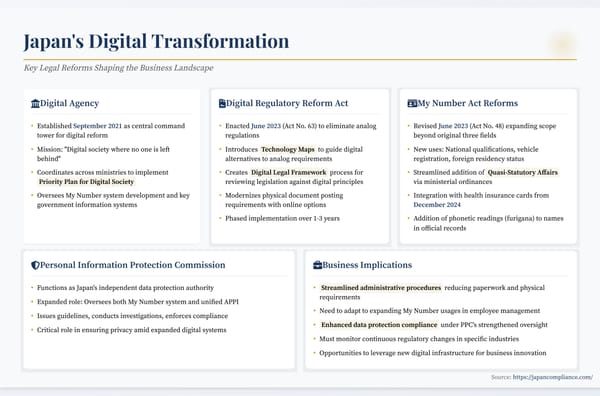TL;DR
* GDPR remains the foundation of EU data protection, but new laws—DSA, DMA, Data Act, DGA and the forthcoming AI Act—layer sector-specific obligations on top.
* Overlaps appear in legal basis, transparency, profiling/ADS rules, dark-pattern bans and children’s protection, making siloed GDPR programs obsolete.
* Firms must
